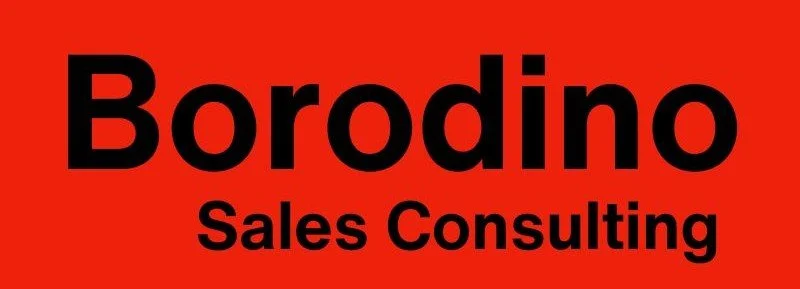How to Master the Art of Selling
Proven Strategies to Win More Deals
Whether you’re a seasoned entrepreneur, a B2B sales consultant, or just starting out in the world of sales, one truth remains: selling is an art form. It’s not just about having a great product - it’s about understanding people, building trust, and delivering value with every conversation. So, how do you master the art of selling in today’s ever-evolving marketplace?
In this guide, we’ll walk you through what it really takes to hone your craft and stand out in a crowded sales landscape. By the end, you'll not only understand the art of sales, but you'll also gain the actionable skills to close more deals, build stronger relationships, and create a sustainable pipeline of success.
What Is the Art of Sales?
The art of sales goes beyond product features and pricing sheets. It’s the emotional intelligence, the timing, the storytelling, and the subtle cues that help you turn a conversation into a conversion. Sales is equal parts psychology, strategy, and adaptability. And while there’s no one-size-fits-all approach, the foundation of mastering sales lies in deeply understanding your prospect’s needs and aligning your offer with their goals.
“The scientist is not a person who gives the right answers, he's one who asks the right questions.”
— Levi Strauss
This quote perfectly captures the mindset of elite sales professionals. To master the art of selling, you must lead with curiosity and a desire to truly understand.
How to Master the Art of Selling: 7 Key Steps
Here’s how to master the art of selling, no matter your industry:
1. Start with Empathy, Not a Pitch
Top salespeople listen first and speak second. Before jumping into features, ask meaningful questions. What are your prospect’s biggest pain points? What outcomes are they looking for? People don’t want to be sold - they want to be understood.
Pro Tip: Use open-ended questions and actively listen. Show you care about solving their problem, not just hitting your quota.
2. Build Real Relationships
People buy from people they trust. That means your focus should be on nurturing genuine, long-term relationships - not one-time wins. Follow up consistently, remember details about your clients, and be a resource even when they’re not ready to buy.
3. Master Your Product—and Your Market
Confidence comes from knowledge. Know your product inside and out, but also stay on top of your competitors, industry shifts, and market trends. The more insight you can bring to the conversation, the more you’ll position yourself as a trusted advisor.
“The future belongs to those who make better decisions and learn faster.”
— Robert Greene
In a rapidly changing sales landscape, the ability to adapt, iterate, and evolve is essential to staying ahead.
4. Craft a Story, Not a Script
Facts tell. Stories sell. Instead of leading with bullet points and statistics, explain how your product helped a real person or business solve a specific problem. This paints a picture and makes your offering tangible and memorable.
5. Handle Objections Like a Pro
Objections aren’t roadblocks - they’re opportunities. When a prospect voices concern, don’t get defensive. Instead, dig deeper. Why do they feel that way? What’s behind the objection? Then, tailor your response to meet their concern with clarity and empathy.
The life lesson of avoiding falling into herd thinking also applies to sales. Don’t assume objections mean disinterest - treat each one as a unique clue to your buyer’s real priorities.
6. Follow Up (Without Being Annoying)
Most sales are made after the fifth follow-up, but most reps stop after one or two. To truly master the art of selling, you need to create a follow-up strategy that adds value at every touchpoint. Share a useful article, send a case study, or check in with a thoughtful question.
7. Keep Sharpening Your Skills
The best salespeople never stop learning. Read books, listen to podcasts, attend workshops, and surround yourself with people who challenge and inspire you. Selling is dynamic—your approach should be too.
Think of sales like anthropology - it’s about observing patterns, understanding behaviors, and finding meaning. As Levi Strauss observed, “The world began without man, and it will end without him.” Our job is to make the in-between meaningful - and that’s what selling really is.
Final Thoughts: Selling Is a Skill You Can Master
Many people believe sales is something you’re either born with or you’re not. That couldn’t be further from the truth. The art of sales is a skill that can be learned, refined, and perfected over time. By committing to your growth, staying customer-focused, and practicing consistency, you can master the art of selling - and build a career or business that thrives.
Want to Take Your Sales Game to the Next Level?
Whether you're looking to train a team, revamp your sales strategy, or refine your pitch, working with a professional sales consultant can accelerate your results. Let's talk about how we can help you apply the art of sales to your business.
Want to learn more? Contact us today!

